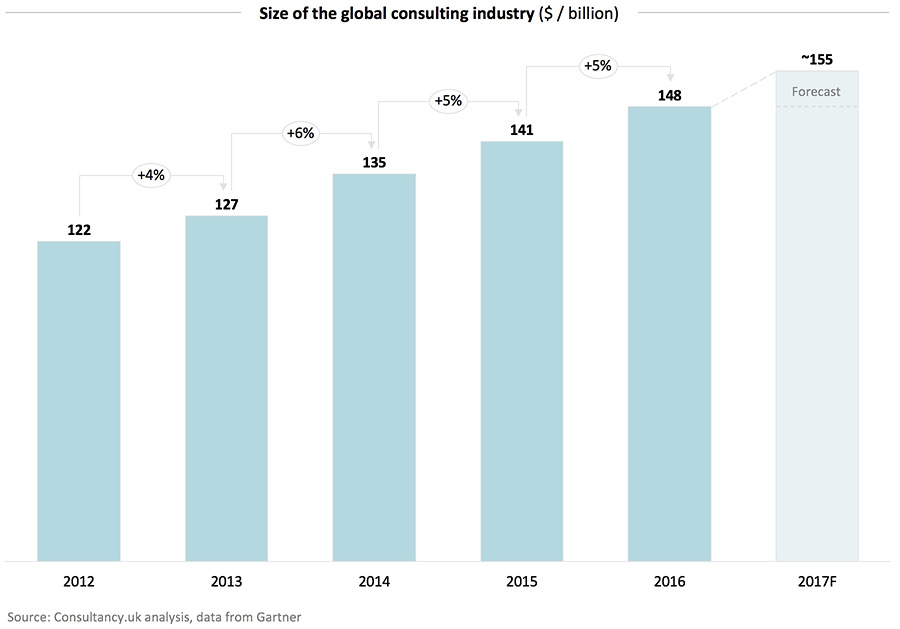
There are currently 88,099 consultant jobs in DC, but where can you find them? You can read on to learn about the job duties, qualifications, and salary of a consultant. You'll also find out how to get a consultant job. These tips will get you on your way to your next job as a consultant. Now is the time to get out there, and begin looking for your next consultant position! This could be your best career decision!
Consultants are responsible for ensuring that the client is satisfied.
Consultants have many responsibilities. They may be responsible for solving complex problems, problem-solving, managing client engagements and researching new technology. Consultants might be involved in several projects and may need to travel up to half the time. Benefits that include travel insurance may also be offered by some companies, including flexible working hours and medical coverage. These are just a few examples of the kinds of jobs available in DC as consultants. A consulting job is a great opportunity for someone with the right skills.
Skills required
The District of Columbia Advisory Neighborhood Commission 1B needs a consultant to assist them with their administrative duties. Consultants should be able to solve problems and work with others. The candidate should be able to communicate well and work well with diverse people. The candidate should be passionate about the community and eager to find new ways to improve existing processes. Additionally, he/she should be able and willing to work within the tight deadlines.
Compensation
Washington, DC's consultant jobs offer a higher salary than other similar occupations. This job requires a Bachelor's Degree, as well as three years of experience in a progressive field. This position requires a solid working knowledge of the laws and technical expertise. The following sections will discuss some factors to consider in a compensation for consultant job in DC. First, consider your educational background. Many consultants hold master's degrees.

The Compensation Consultant is responsible for supporting the business unit in terms of compensation. They design and manage global compensation programs and take part in job evaluations and HR-based processes. They can also conduct competitive analysis and participate in compensation survey results. They can assist with employee recognition programs and employee rewards design, among other HR-related functions. Compensation Consultants are often responsible for the creation of annual incentive programs and compensation surveys. This role determines whether the compensation program of a company is competitive.
FAQ
What skills are required for consulting?
A consultant should have strong analytical skills as well as interpersonal skills. This is essential because you will be working on projects that you don't know the details of. You must learn how to manage people and solve problems quickly.
You also need to have excellent communication skills. Most clients expect an answer within 24 hours. If they don't hear anything, it is likely that they aren't interested in you. It is crucial that you keep them up to date and make sure they know what's happening.
Which industries use consultants?
There are many types. Many consultants specialize in a particular type of business. Others may be more focused on multiple types.
Some consultants are only available to private companies while others work with large corporations.
And some consultants work internationally, helping companies all over the world.
How much do consultants earn?
Some consultants earn more than $100k per year, but most consultants earn between $25 and $50k. An average consultant salary is $39,000 This includes both salaried as well hourly consultants.
Salary is dependent on experience, location and industry. It also depends on whether the consultant works from home or has a remote office.
What type of contracts are available to consultants?
Most consultants sign standard employment deals when they're hired. These agreements define the terms of the agreement, including how long the consultant is expected to work for the client as well as what he/she should be paid.
Contracts specify the area of expertise that the consultant will specialize in and the amount they will be paid. One example is that the agreement may specify that the consultant provides training sessions and workshops, webinars, seminars, or other related services.
Sometimes, the consultant simply agrees that a specific task will be completed within a set time frame.
In addition to standard employment agreements, many consultants also sign independent contractor agreements. These agreements allow the consultant freedom to work without being paid.
What kind of jobs are there for consultants?
Consulting requires an in-depth understanding of operations and business strategy. It is important to understand the workings of businesses and how they fit into society.
Being a consultant requires great communication skills and the ability think critically.
Consultants must be adaptable because they may be asked to do different tasks at different times. They must be able and willing to adapt quickly to changes in direction.
They must be willing to travel for their clients. They may be required to travel all over the globe for this type of work.
They also need to be able to handle pressure and stress well. Consultants might sometimes have to meet tight deadlines.
Consultants may work long hours. This can mean you might not always receive overtime compensation.
Is consulting a real job?
Consulting is not only an entry-level profession for those looking to make fast money, but it's also an excellent way to acquire valuable skills that you can apply throughout your career.
There are many opportunities for consulting, including project management, strategy, training and leadership. There are many projects you could be involved in, from small start-ups all the way up to large-scale multinational corporations.
You can develop your skills and gain experience in a variety of industries by consulting. This could involve learning to manage and negotiate teams, write proposals or manage budgets.
Statistics
- WHY choose me: Why your ideal client should choose you (ex: 10 years of experience and 6-week program has helped over 20 clients boost their sales by an average of 33% in 6 months). (consultingsuccess.com)
- According to statistics from the ONS, the UK has around 300,000 consultants, of which around 63,000 professionals work as management consultants. (consultancy.uk)
- My 10 years of experience and 6-step program have helped over 20 clients boost their sales by an average of 33% in 6 months. (consultingsuccess.com)
- Over 62% of consultants were dissatisfied with their former jobs before starting their consulting business. (consultingsuccess.com)
- 67% of consultants start their consulting businesses after quitting their jobs, while 33% start while they're still at their jobs. (consultingsuccess.com)
External Links
How To
How Do I Find A Good Consultant?
Understanding your needs is the first step to finding the right consultant. What do you need them to do for your website? Do you need them to optimize your site so that it ranks higher in search engines' results? Maybe you are looking for someone to point out any problems with your current web host. When you are clear about the services you require, you can start to look at other companies. Many consultants claim to be able to provide these services. However, only a handful of them actually deliver on their promises. How do I choose one? Here are some things to consider when picking a consultant:
-
Ask for referrals. Referring to other consultants is the best way of choosing a consultant. It's not a good idea to hire someone you haven't heard of, as you will likely end up paying too much. However, you don't want work with someone who has a bad reputation. You're fortunate enough to receive referrals from people you trust. You can check online reviews even if they don't refer you. Look for testimonials and case studies where clients have used your service.
-
Ask around. Many people are not aware of the benefits of hiring a consultant. They think that since they're currently doing fine, they don't need to make changes. This is often incorrect. Even if you're getting great results right now, chances are that you haven't been keeping up with new trends or technologies. Your business could be missing out if it relies on outdated methods. It's always worth asking around to see if anyone knows of a good consultant.
-
Be sure to check their credentials. No matter how small your project is, it's important to ensure that the consultant you choose has the necessary skills. Make sure that they're qualified to perform the tasks you need to be done and that they have sufficient expertise in the area.
-
Find out which projects they are best at. While you might assume that everyone can handle everything, this isn't true. Some areas require specific education or training. You won't hire a Drupal developer if you need to build a WordPress template. The same goes for graphic design, programming languages, etc. Be sure to ask what kinds of projects they typically work on.
-
Be aware of their fees. As we said, you don't want to pay too much for a consultant. You don't necessarily want to pay too low, but you shouldn't either. There are many different types of consultants. Some bill hourly, while others are charged per project. It's cheaper to know upfront what you are paying than later.
-
Find out what they offer. Do they offer free consultations? Do they offer advice on setting up your system? Can they guarantee your site will rank higher if you work with them? You have the right to cancel at any time if you aren't satisfied with what was said during your consultation.
-
Ask if they offer discounts over multiple months or for years. Many consultants offer discounts for longer periods. You may not need to commit to a full year, but you may also take advantage of whatever deals they offer.